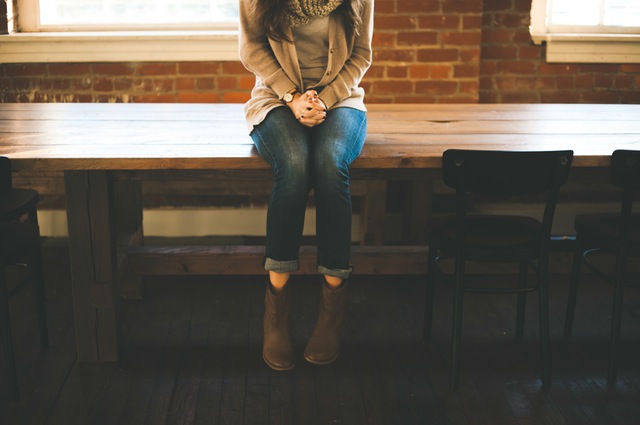
Body image is how you see your physical self when you look in the mirror or when you picture yourself in your mind. It encompasses your beliefs about your own appearance including whether you feel you are attractive and whether others like your looks. It also includes your memories, assumptions, and generalizations about your physical attributes, how you feel about your body, including your height, shape, and weight. This impacts how you sense and control your body as you move and how you feel in your body, not just about your body. For many people, body image can be closely linked to self-esteem which is all about how much you feel you are worth and how much you feel other people value you.
People with negative body image and poor self-esteem have a greater likelihood of developing eating disorders and other struggles. They are more likely to suffer from feelings of depression, isolation, low self-esteem, and obsessions with weight loss especially in early recovery when food can become a major source of comfort.
Although we all may have our days when we feel awkward or uncomfortable in our bodies, the key to developing a positive body image is to recognize and respect our natural shape and uniqueness. We also need to learn to overpower those negative thoughts and feelings with positive, affirming, and accepting ones. Be patient with your body while it adjusts to being sober and you develop healthier coping tools to regulate your emotions and deal with feelings; learn to appreciate your body for everything that it does for you. Your body is not an ornament, it is the vehicle that allows you to fulfill your dreams and use your talents.
If you struggle with negative body image and this is impacting the way you feel about yourself please know that there is help available. Eating and body struggles are complex and very common struggles for people in recovery. Support your sobriety by addressing this struggles and find ways to connect to your body in healthier ways.
Bilingual Psychotherapist
561.305.2497;